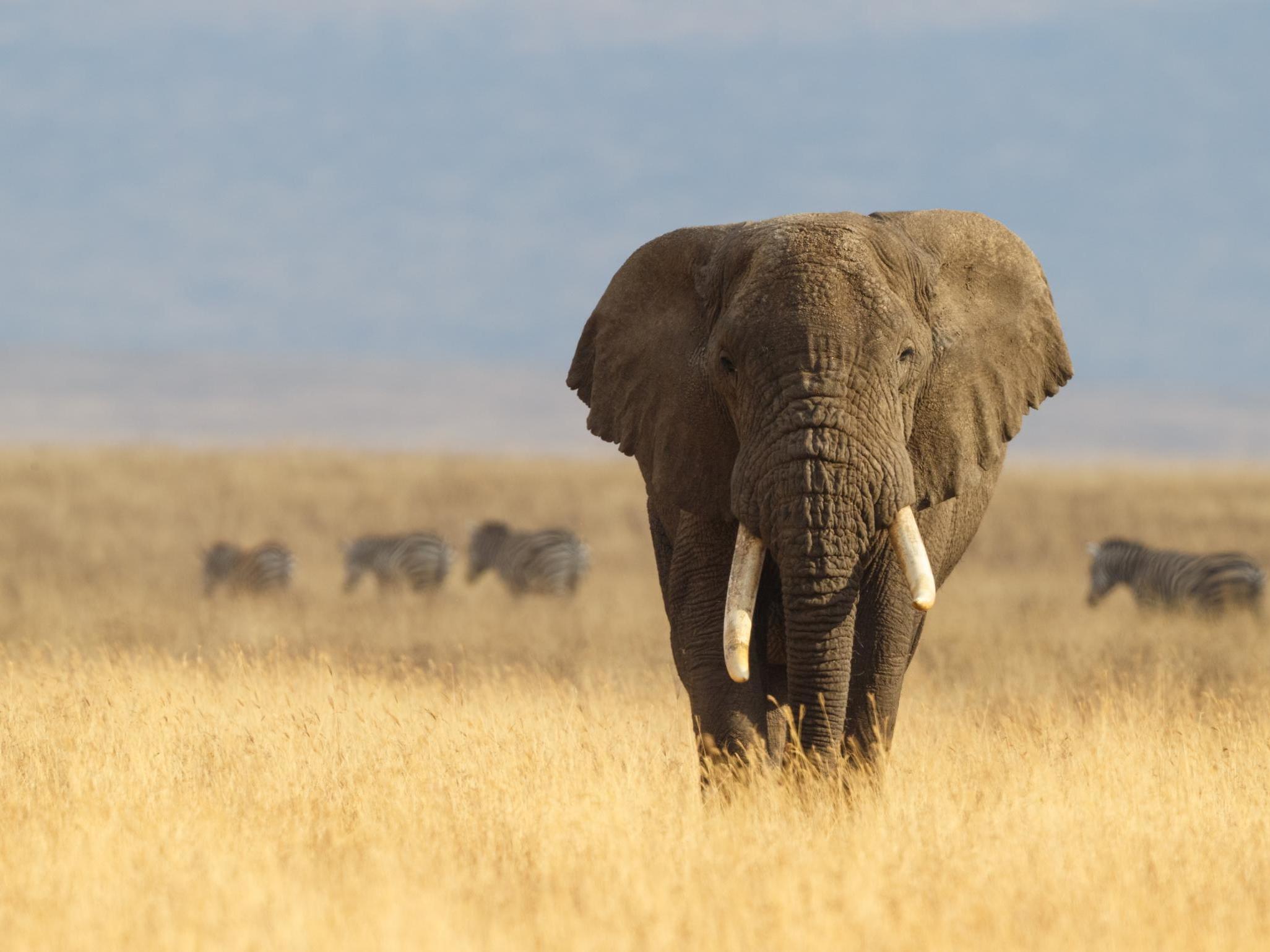Your support helps us to tell the story
From reproductive rights to climate change to Big Tech, The Independent is on the ground when the story is developing. Whether it's investigating the financials of Elon Musk's pro-Trump PAC or producing our latest documentary, 'The A Word', which shines a light on the American women fighting for reproductive rights, we know how important it is to parse out the facts from the messaging.
At such a critical moment in US history, we need reporters on the ground. Your donation allows us to keep sending journalists to speak to both sides of the story.
The Independent is trusted by Americans across the entire political spectrum. And unlike many other quality news outlets, we choose not to lock Americans out of our reporting and analysis with paywalls. We believe quality journalism should be available to everyone, paid for by those who can afford it.
Your support makes all the difference.Ten elephants have been shot by wildlife authorities in Namibia as part of a cull after the animals moved into farming areas, destroying crops during harvest season.
A spokesperson for the Ministry of Environment, Forestry and Tourism said the elephants were culled as they endangered human lives and were marked as dangerous.
Romeo Muyunda added that the decision was necessary to protect farmers and their crops. Meat from the felled elephants was given to members of the communities whose harvests had been trampled.
He said: “Normally during this season people are terrorised by elephants. We had no choice but to be proactive.”
The killing of elephants which cause problems for farmers and their crops is a last resort if no other solution can be found, said Mr Muyunda. Other methods that must be deemed unviable before culling permission is granted include administering contraception and relocation of the herds.
Ministers in South Africa have previously called the issue of elephant population management “devilishly complex” and it divided game managers and animals rights groups for years.
That country banned culling in 1995 but reintroduced it in 2008 after elephant populations boomed from 8,000 to nearly 20,000 in just over a decade.
Namibia is one of a number of other African nations trying to balance protection for the species with managing the dangers they pose when their territories are encroached upon by human habitation.
Additional reporting by Reuters

Join our commenting forum
Join thought-provoking conversations, follow other Independent readers and see their replies
Comments